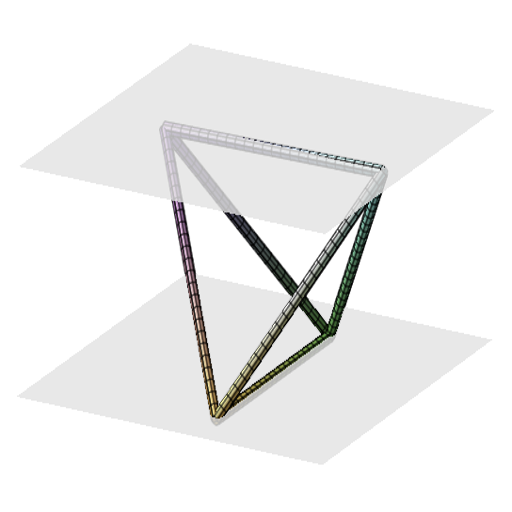Since I’ve been very busy lately my good friend Michael Schmidt agreed to do another guest post! Mike has a masters degree in physics from the University of Colorado at Boulder. You can check out Mike’s own blog at duality.io or his personal website Mike’s Personal Website. Without further ado, here’s Mike: Lightning Detection Currently, in the mid-west of the United States the first thunderstorms of the year have begun. Because I am a giant geek, I love lightning and I think tracking lightning is quite interesting. My personal favorite site is LightningMaps. On LightningMaps website you’ll see
Electronics
Computer Related / Electronics / logic / etc.
Non-Digital Computers
Non-Digital Computers This is the last installment of my many-part series on computers. Last time we used the notion of a Turing machine to define what a computer is. We discovered something surprising: that not all computers need to be digital, or even electronic! A computer can be mechanical, made of dominoes, or even just a rules system in a card game. To give you of a flavor of how inclusive the definition of a computer really is, I’ll now give you a whirlwind tour of some notable examples of non-digital computers. The Antikythera Mechanism In April of 1900,
Electronics / Physics / Science And Math
Flip-Flops and the Art of Computer Memory
It’s a poor sort of memory that only works backwards. ~The White Queen to Alice (Lewis Carroll, Through the Looking Glass) This is the fifth part in my multi-part series on how computers work. Computers are thinking machines, and the first four parts of my series have been on how we teach computers to think. But all of this logic, electronic or otherwise, is useless unless our computers can remember what they did. After logicking something out, a computer needs to remember the result of all that logicking! In this post, I describe how to use the logic gates
Computer Related / Electronics / logic / etc.
The Boolean Circuit and Electronic Logic, Part 2
If the presence of electricity can be made visible in any part of the circuit, I see no reason why intelligence may not be transmitted instantaneously by electricity. ~Samuel Morse This is the fourth part in my multi-part series on how computers work. Computers are thinking machines, but they can’t do this on their own. We need to teach them how to think. And for this, we need a language of logic. In the first part of the series, I introduced this language of logic, Boolean algebra. In the second part, I described how to formulate complex logical statements
